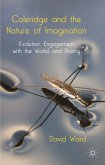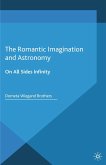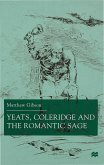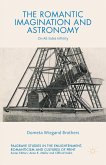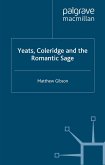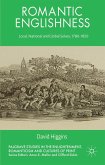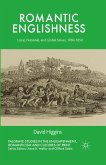Examining a range of Coleridge's writings, this book uses recent scientific research to understand how we have evolved to make mental representations of the counterfactual, how such transformative essays in Imagination have enabled humans to survive, to prosper and to express themselves in the sciences, the arts and particularly in poetry.
"Coleridge and the Nature of Imagination contributes to a growing body of scholarship on the intersections of Romantic-era literature and science through an extended conversation between Coleridge's theory of the imagination and present-day discussions about the nature of the mind. ... Coleridge and the Nature of Imagination advocates for literature as a vital counterpart to science in theorizing the relationship of human beings to the rest of the material world." (Allison Dushane, The Coleridge Bulletin, Vol. 50, 2017)
'This is an engaging and persuasive study, accessible and useful to those familiar with Romantic literature. It will be particularly enjoyed by those with an interest in the history of the human mind.' - Jessica Roberts, The BARS Review
'This is an engaging and persuasive study, accessible and useful to those familiar with Romantic literature. It will be particularly enjoyed by those with an interest in the history of the human mind.' - Jessica Roberts, The BARS Review


